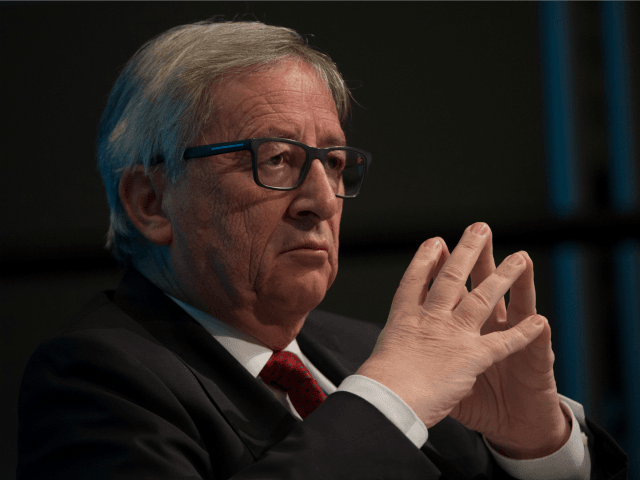The Court of Justice of the European Union has greatly expanded the unelected European Commission’s powers over trade policy, which streamlines the process of negotiating a UK/EU deal – but increases the influence of Brussels hardliners.
In a ruling on the relative competencies of the Commission and national and regional governments with respect to a trade agreement with Singapore, the court decided the bloc need only seek member-state ratification of treaty provisions concerning portfolio investment and arbitration between investors and states.
On the movement of goods and services, labour, transport, direct investment, environmental standards, and most other areas, however, negotiating decisions will now be up to the Commission.
Bloomberg has reported this development as having opened up “an exciting prospect” for Britain, since it reduces the scope for national governments and regional assemblies to veto or otherwise derail a potential Brexit deal.
The Guardian reports that the historically Eurosceptic Institute of Directors welcomed the decision, presumably for the same reasons.
However, whilst increased powers for the European Commission may well speed up the negotiating process, it also hands hostile actors in Brussels greater influence over them.
For example, President Jean-Claude Juncker and his chief of staff Martin Selmayr, who is said to have taken the Brexit vote “very personally“, will now be free to pursue the punishing 100 billion euro exit bill recently mooted in the press.
An earlier demand for 60 billion euros had already been branded a “ransom” by Brexit campaign leader Nigel Farage, who chastised the bloc for “behaving like the mafia”.
“You’ve shown yourselves, with these demands, to be vindictive, to be nasty,” he told the European Parliament in April 2017. “All I can say is, thank goodness we’re leaving!”
The decrease in powers for national governments also means decreased influence for European figures sympathetic to Britain.
For example, Jarosław Kaczyński, chairman of Poland’s ruling Law and Justice Party (PiS), had hoped to lead an alliance of countries favouring “very close and friendly relations” with Britain during the negotiations.
Hungarian Foreign Minister Péter Szijjártó, too, had made it clear that his government “rejects the approach according to which the British must be punished”, arguing that driving British business in the direction of the U.S. and other overseas powers “would be a suicidal strategy”.
Juncker and Selmayr, however, are far more bloody-minded, with former Cabinet member Iain Duncan Smith claiming: “They don’t care if negotiations succeed.”
“They are obsessed with the idea of the European Union – it’s where their money, jobs and power come from,” he alleged.

COMMENTS
Please let us know if you're having issues with commenting.